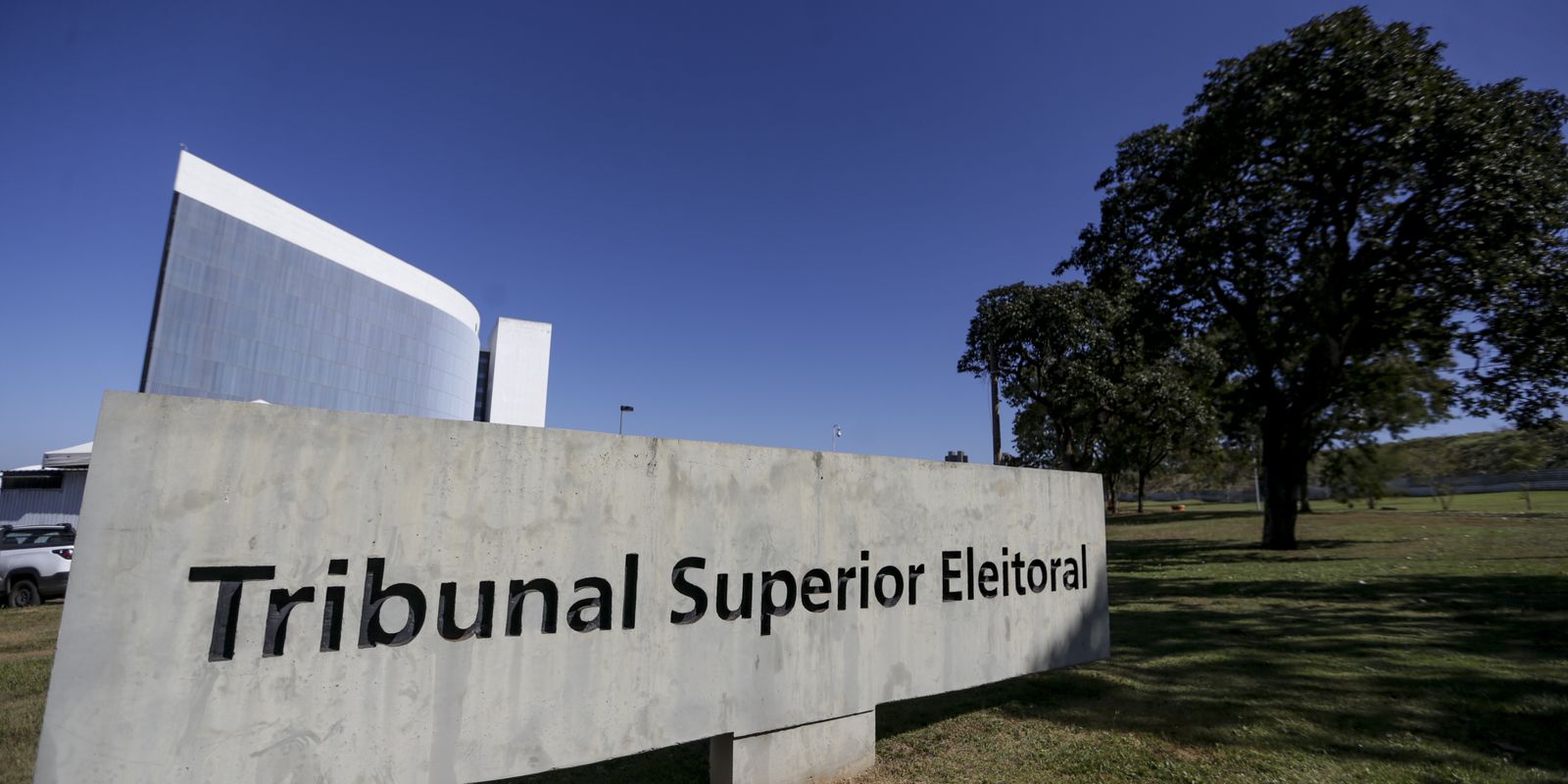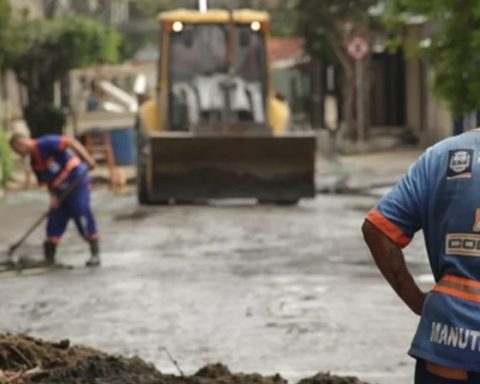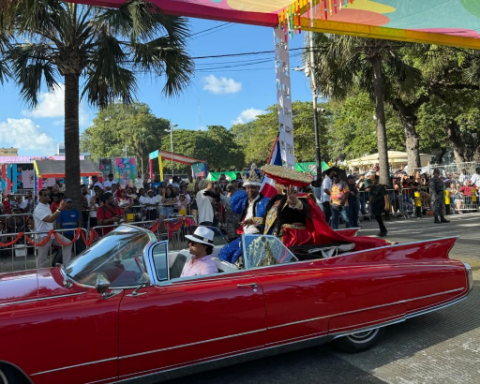The deadline for the Electoral Court to appoint all poll workers called to work in the 2024 municipal elections, which will take place on October 6, with a possible second round on October 27, ended this Wednesday (7). 
To find out if you have been called to work, voters who have registered as volunteers must seek the notice published in the Electronic Official Gazette of the Regional Electoral Court of your state or contact the electoral office where you are registered. All contacts can be found at portal of the Superior Electoral Court (TSE). Those summoned may also provide logistical support for the election.
Anyone wishing to oppose the summons must do so within five business days from the publication of the notice. According to the TSE, the deadline for responding is two days, with an appeal being possible with the regional electoral courts (TREs) within three days, with the same period for responding. Parties and federations may also contest the names summoned, within the same five-day period.
Any voter over the age of 18 who is in good standing with the Electoral Court may be called to be a poll worker. However, those who volunteered at the respective local TRE are usually called first.
Anyone who is summoned and does not attend training or is absent on voting day must justify their absence or may be subject to punishments to be decided by the electoral judge responsible.
Poll workers do not receive pay, but are entitled to a cost of living allowance of R$60 for each shift worked. If they are formal workers, poll workers are also entitled to two days off for each day worked in the elections, without loss of salary.
There are people who are prohibited from being poll workers. They are:
– candidates, their spouses and relatives, even by affinity, up to and including the second degree
– members of political party and federation boards
– authorities and police officers
– holders of positions of trust in the Executive Branch
– Electoral Justice employees
– voters under 18 years of age.


















